Snowden Wright is the author of the novel American Pop, a Wall Street Journal WSJ+ Book of the Month, selection for Barnes & Noble’s “Discover Great New Writers” program, Southern Independent Booksellers Alliance Okra Pick, and NPR Favorite Book of the Year.
A graduate of Dartmouth College and Columbia University, he has written for The Atlantic, Salon, Esquire, The Millions, and the New York Daily News, among other publications, and previously worked as a fiction reader at The New Yorker, Esquire, and The Paris Review.
Snowden was the Visiting Writer and Prose Faculty at the 2021 Longleaf Writers Conference, and his debut novel, Play Pretty Blues, won the 2012 Summer Literary Seminars’ Graywolf Prize. Recipient of the Marguerite and Lamar Smith Fellowship from the Carson McCullers Center, he has attended writing residencies at Yaddo, Escape to Create, the Kimmel Harding Nelson Center for the Arts, Stone Court, Monson Arts, and the Hambidge Center. Wright lives in Yazoo County, Mississippi, where he is at work on his third novel, forthcoming from HarperCollins.
Looking for inspiration to help you achieve your writing goals? Subscribe to our newsletter for exclusive insights into the routines, habits, and techniques of some of the most celebrated authors in history.
Hi Snowden, welcome to Famous Writing Routines, great to have you here with us today! Your writing journey has been quite remarkable, from a fiction reader at The New Yorker, Esquire, and The Paris Review to becoming a celebrated author in your own right. Can you share with us your writing journey and how it led you to where you are now?
In some ways I can trace my development as a writer all the way back to summer camp when I was a kid. At the Strong River Camp, toward the end of a session, each camper was given an award. The smart kid might get the Einstein Award. The kid who’s good at basketball might get the Hoops Award.
I was given the Storyteller Award, because I was always spinning wild, highly implausible yarns for my bunkmates. I never felt so alive as when I had their attention completely in thrall. Thus, at that pivotal age, I faced a choice: grow up to be a pathological liar or grow up to be a paid pathological liar. The answer seemed clear.
On my way to being a novelist, I studied fiction writing in college and grad school, lived in New Hampshire, New York, Florida, and Georgia, then returned to Mississippi. All the experiences I had, from searching the slush pile for literary magazines to slinging burgers and fries as a short-order cook at a pool grill, helped me become the best version of that kid who won the Storyteller Award.
Living in Yazoo County, Mississippi, you’ve been surrounded by a rich cultural heritage and history. How has living in this region impacted your writing, and how do you see it shaping your future works?
Growing up my main feeling toward Mississippi was an overwhelming desire to leave it. I suspect many young people feel that way about their home state. Superman would have been a nobody back on Krypton, I thought, like an idiot.
An idiot in recovery, I once again live in the state I used to long to leave. “Heritage” is a rich term, but in Mississippi, it’s also a fraught one. Southerners have a simultaneous reverence for and shame of their past—the horrific institution of slavery, the persistent struggle with racism—and yet that paradox has created my state’s greatest natural resource: its writers. New Hampshire has granite. Alaska has oil. Mississippi has writers.
Great literature lives and struggles and, ultimately, thrives in the sort of rich, fraught history found in Mississippi and the entire American South. Without my home state, I wouldn’t be a writer. I’m glad to be back.
With your background as a graduate of Dartmouth College and Columbia University, and your experience writing for The Atlantic, Salon, Esquire, and other prominent publications, can you elaborate on how your academic and professional experiences influenced your writing?
Education and work experience, for me, are all about preparation. They prepare you for greater challenges. They prepare you for the next experience. Given that I was born and raised in a small town in Mississippi, my educational and work experiences introduced me not only to new challenges but also to new worlds. My brain was kindling and they were the match—Hanover, New Hampshire! the Condé Nast Building!—creating a fire necessary for anyone who works from their imagination.
Play Pretty Blues won the 2012 Summer Literary Seminars’ Graywolf Prize, and now American Pop has received recognition from the Wall Street Journal, Barnes & Noble, and NPR. How did it feel to receive such recognition and what do you think it says about your writing style and voice?
The recognition was a slow process. I finished my first novel, Play Pretty Blues, when I was 27-years old, but it wasn’t published until I was 33. During that gap, the book was turned down by so many agents and publishers anyone of sound mind would have thrown it in the trash. But you have to be a little nuts to be a writer.
The book was eventually published by a small press, Engine Books, where it was shepherded into the world with such meticulous and thoughtful care. I’ll always be grateful to Engine Books for giving me hope when I needed it most.
These days small presses are hope factories. They’re more vital to writers, literature, and publishing than I can quantify. We owe them so much.
For American Pop’s success, I owe unfathomable gratitude to my amazing agent, Eve Attermann, and my incomparable editor, Jessica Williams. Every book needs a champion, and for American Pop, I was incredibly lucky to have two. One could argue that American Pop is to Play Pretty Blues what Casino was to Goodfellas: I had a bigger budget and created a bigger picture. My writing style and voice expanded with American Pop. Its cast of characters is larger, as is its historical and geographic canvas.
Although the concept of the Great American Novel is absurd, I was, stupidly, absurdly, trying to achieve it with American Pop. I like to consider the novel an admirable failure in that respect. Regardless that I’m still proud of the book and grateful to every single person who worked on it, who read it, and who enjoyed it, I, like any ambitious writer being honest with himself, take solace in three simple words: Maybe next time? Whenever I’m feeling particularly confident, I drop the question mark and shorten those three words to two: Next time.
That would be my advice to all writers starting out. Drop the question mark and short those three words to two. Put another way: Have confidence in yourself and your abilities. It’ll happen. Trust me.
Discover the daily writing habits of authors like Stephen King, Neil Gaiman, and Gillian Flynn with Famous Writing Routines Vol. 1 and learn how to take your writing to the next level. Grab your copy today!
You’ve been a Visiting Writer and Prose Faculty at the 2021 Longleaf Writers Conference, and have attended writing residencies at several prestigious institutions. Can you share with us your experiences at these residencies and what role they played in the development of your writing?
All the writing conferences and residencies I’ve attended have been rewarding in their own ways, but the Longleaf Writers Conference has always been a special one for me. I’ve attended it three times, and I plan to return this year, thanks to the generous support of a grant from the Mississippi Arts Commission.
Longleaf is held in Seaside, Florida, a place where I have a long history. Growing up, I vacationed there with my family, and later on, during grad school, I worked there in the summers, as an events coordinator and as a short-order cook. It was for that reason a huge honor to serve as the Visiting Writer and Prose Faculty in 2021.
Matt Bondurant, Seth Brady Tucker, and Jonathan D’Avignon have created such a remarkable conference, with outstanding faculty, guest authors, and agents; brilliant workshops, lectures, seminars, and readings; beach bonfires, shrimp boils, and sunset toasts; as well as generous scholarships and fellowships for emerging writers, veterans, and under-represented groups.
Last year I was honored to return to Seaside as part of Escape to Create, a residency that brings artists, writers, and musicians to the community every winter. If that weren’t enough, later that year, I had the pleasure of participating in the inaugural open mic for Emerald Coast Storytellers, a local writers group that holds a variety of wonderful, community-building events.
What does your typical writing day look like? Do you have a specific time or place that you like to write?
I write in the morning and edit in the afternoon. It’s that simple. Altogether, I can only write for about four hours before I’m creatively depleted; anything I write after the fourth hour is useless, so bad I’ll have to completely overhaul it the next day.
Between writing and editing, I go for a long run, during which, because I have an annoyingly visual memory, I edit sentences in my head, rearranging syntax, replacing words, restructuring paragraphs. Back when I lived in New York, I was running along the Hudson when I came up with a particular sentence that, to this day, is my favorite in American Pop.
I was so worried I’d forget it I turned around and sprinted home. Around the time of the book’s publication, a reader quoted that line to me as their favorite—“He blinked once, twice, and never again”—and because of the muscle memory, I literally had to catch my breath.
Do you have any rituals that help you get into a creative state of mind?
This may sound strange, but in the morning, as I drink the first half of my first cup of coffee, as I wait for that necessary jolt of caffeine to hit my brain, I go through the book giveaways on Goodreads. Doing so keeps me aware of forthcoming books I may want to read. It keeps me cognizant of the literary landscape, the community of which I’m so grateful to be a small part. And hey, every now and then I win one.
If you could have a conversation with any author throughout history about their writing routine and creative process, who would that person be?
This past fall I was honored to have been the Marguerite and Lamar Smith Fellow at the Carson McCullers Center for Writers and Musicians in Columbus, Georgia. As part of the fellowship I had the special privilege of living and working in McCullers’s childhood home. I cooked in the kitchen where she cooked. I ate in the dining room where she ate. I walked past the bedroom where I convinced myself every time the sun went down and those creepy shadows stretched across the floor, her ghost still walks.
So, given that I may or may not have cohabited with Ms. McCullers, she would be my choice. I’d love to ask about her writing process, how she crafted a nearly perfect novel, The Heart is a Lonely Hunter, at the ridiculously young age of 23. I’d ask about her complicated feelings toward the South. I’d ask about any writing projects she wished she’d finished before her tragically early death at the age of 50.
I’d also ask her which wall switch in the downstairs bedroom turns on the back-patio light. I never could figure that out.
I’d love to know about the books you’re reading at the moment. What have been some of your favorite recent reads?
My next book is a crime novel—a PI novel, to be more specific—so I’ve been doing my homework. Some recent favorites: Richard Price’s Freedomland (Clockers is his best, but this one, on the level of craft, is without peer); Laura Lippman’s Tess Monaghan series; George Pelecanos’s Derek Strange and Terry Quinn series; S.A. Crosby’s Razorblade Tears; Joe Ide’s IQ; pretty much everything ever written by Elmore Leonard (I’ve read more books by him than by any other single author, with Stephen King, Michael Crichton, Anne Rice, and John Grisham neck-and-neck for second place; I read them instead of YA books, because I obviously I had negligent parents).
Some other recent books I loved: Cormac McCarthy’s Suttree (I finally finished it! Well worth the struggle); Toni Morrison’s Jazz (I finally started it! Well worth the wait), Andrew Sean Greer’s Less is Lost (as witty and poignant as its predecessor); Chaney Kwak’s The Passenger; C.J. Hauser’s The Crane Wife; Imani Perry’s South to America; and Anthony Marra’s Mercury Pictures Presents (I love nothing more in fiction than a large cast and a roving omniscient narrator that swoops into and out of their lives).
What does your current writing workspace look like?
On the farm where I live I rent a small studio. You can see it in the attached photo. Every day, my dog, Delta, and I walk one mile across the farm, through fields of corn, soybean, or wheat, depending on the year.
I then sit down in the studio to work while Delta either harasses the cows (“Watch it, y’all. That tiny calf with the weird moo is back again!”) or takes a dip in the pond I recently had built for her. Its newest tenants, a family of what I believe are muskrats, are still as leery of Delta as the cows.
My desk and chair are from my father’s former law office, the top of the desk tattooed in coffee rings, the arms of the chair worn ragged by impatient forearms. The two chairs opposite my side of the desk were, in the ensemble’s previous life, occupied by all variety of legal clients: people who’d lost a loved one in some tragic accident; people who’d been wronged by a company or employer; people who’d made a mistake they wished they could take back.
This probably sounds pretentious, but I like to imagine my characters in those seats, how they’re pleading their case and asking for my help, how it’s my job to find the humanity in even the worst transgressor and give them their day in court.
On the desk I’ve placed a display case with the arrowheads I found on the farm as a child. Back then, I’d spend hours each day pacing through the fields, searching for those tiny, wedge-shaped pieces of rock. Rarely did I come home without one clutched in my hand.
That persistence reminds me of the persistence required to be a successful writer. You have to keep working on your book as doggedly as I used to search for arrowheads. It can be exhausting. It can feel hopeless. But when you find an arrowhead? Bliss.
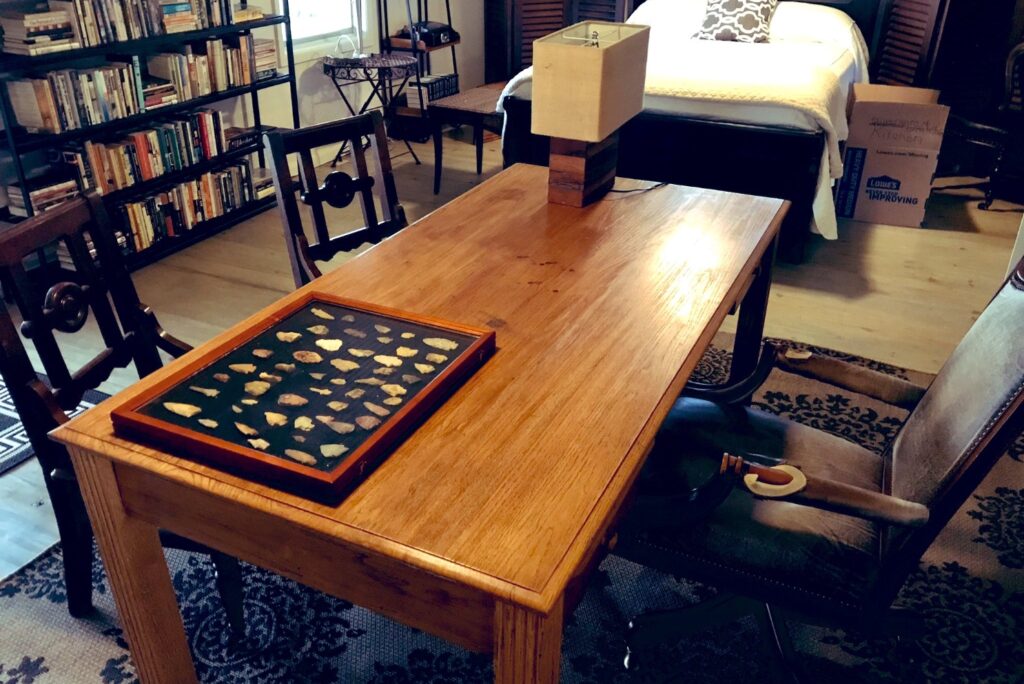
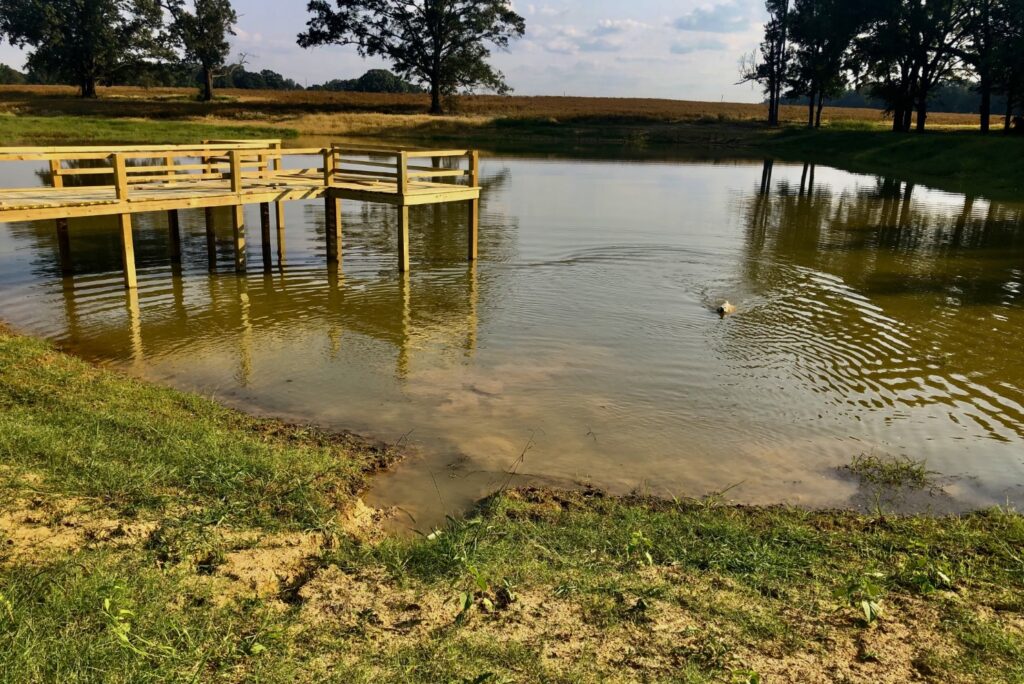
Affiliate disclaimer: Some links on this website are affiliate links. We may earn a small commission if you make a purchase through these links, but only promote products we truly believe in. We disclose affiliate links and give honest reviews.
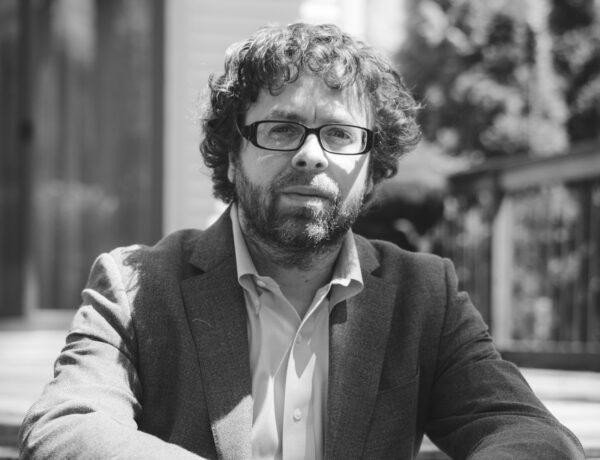
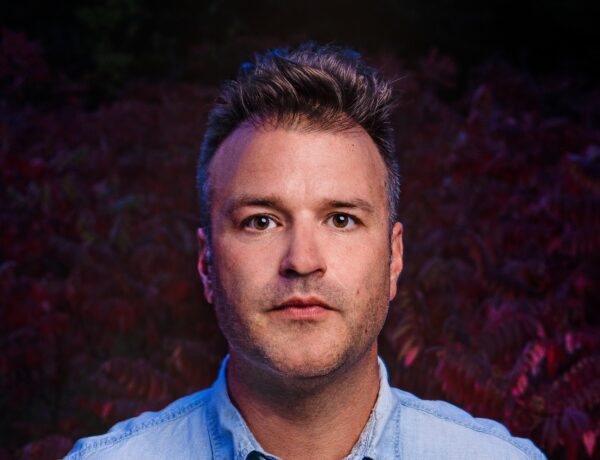
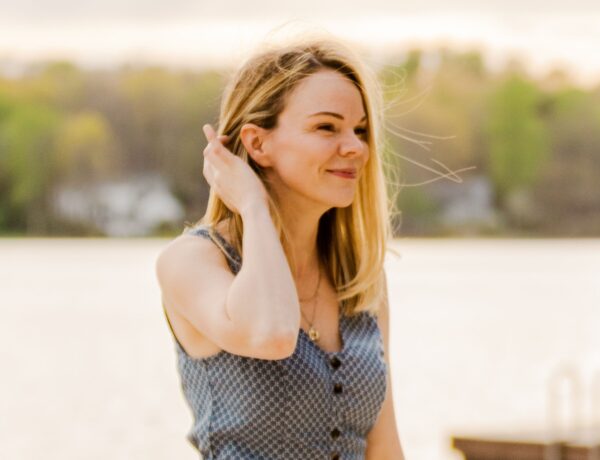
No Comments